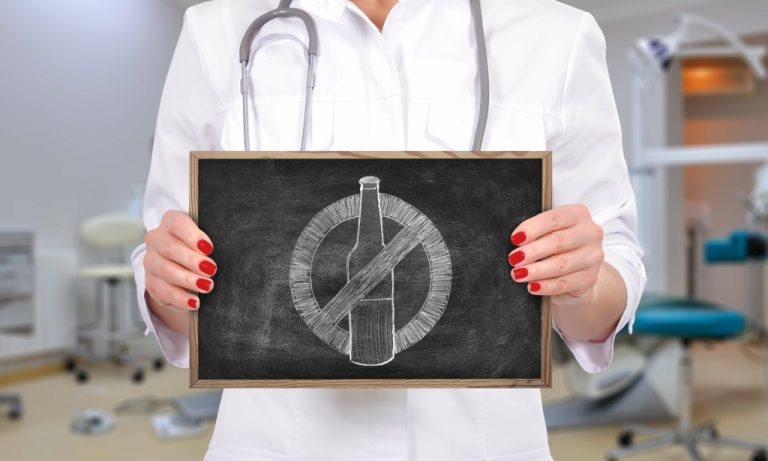Since alcohol consumption affects the brain and can lead to conditions like depression and anxiety, these fats can aid in recovery by enhancing cognitive functions and mood. Alcohol negatively impacts your overall What if being sober sucks? 4 Tips To Boost Your Sobriety nutritional health, impairing your body’s ability to heal quickly and effectively. These nutritional deficiencies can make it harder to recover from alcohol addiction and create other health problems.

Recent clinical trials have examined the efficacy of numerous antioxidants, including S-adenosylmethionine (SAMe) and vitamin E. However, the conclusions drawn by these have been conflicting [31,32,37,38]. As a result, the current study focuses on what we know about antioxidant deficiency and its involvement in AUD and provides suggestions for future trials. Figure 2 shows the oxidative pathway during ethanol metabolism into the hepatocytes. The most important part of nutrition for recovering alcoholics and addicts is to find the foods that work for you and the ways you like to eat them.
SUPPORT THE WORK WE DO
In turn, these symptoms may cause an opioid user to not eat enough or absorb certain nutrients, or to suffer an imbalance of electrolytes such as sodium, potassium, and chloride. Nausea can also cause eating difficulties, which can make many opioid abusers malnourished. Secondly, addiction influences habits such as sporadic eating and poor nutrition that impair the body. Foods https://g-markets.net/sober-living/oxford-house-recovery-homes-characteristics-and/ high in sodium should also be avoided, as they can increase your blood pressure and provide adverse heart effects while your body goes through withdrawal. Withdrawal is also a time when your body is hyperactive and sensitive to stimulation, so avoiding foods or beverages with caffeine is a good idea. While many foods can help promote recovery, some can hinder your recovery.
D-phenylalanine also slows the breakdown of endorphins, which act as the body’s natural painkiller, prolonging their release into the body. Chronic alcohol use can deplete your body of vitamins and minerals by reducing your appetite, interfering with nutrient absorption, and impairing your body’s ability to use nutrients effectively. It is possible that even subtle cognitive deficits could affect how alcoholics seek and participate in treatment and resume normal lives in the weeks and months after they stop drinking. Three examples of different types of deficits and their impact on elements of treatment are presented below. To understand why findings on cognitive impairment have been mixed, it is necessary to appreciate that adequate cognitive functioning does not, by itself, ensure a better treatment outcome. At least four factors may be responsible for the lack of consistent observations on the relationship between cognitive functioning and treatment outcome.
Vitamin B Complex
While taking vitamins can help manage symptoms caused by chronic alcohol use, they are most effective alongside detoxification and rehabilitation. Keep in mind that taking supplements while continuing to consume alcohol can overwork your liver and lead to other medical complications. Consider getting a CBC blood test to find out the nutrient deficiencies in your body. Many insurance plans cover lab work, but be sure to check with yours just in case. People with an alcohol addiction tend to have low levels of vitamins A and E.
